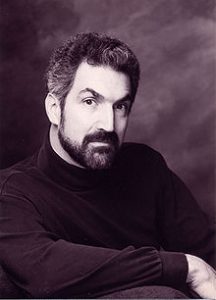 Daniel Pipes is an American historian and president of the Middle East Forum. His writing focuses on Islamism, the Middle East, and U.S. foreign policy. His archive is at www.DanielPipes.org
Daniel Pipes is an American historian and president of the Middle East Forum. His writing focuses on Islamism, the Middle East, and U.S. foreign policy. His archive is at www.DanielPipes.org
Grégoire Canlorbe: Do you expect the George Floyd protests to leave, in the American collective memory, a mark comparable to the September 11 attacks and the Vietnam War?
Daniel Pipes: The great question is: Will the current lurch to the left be temporary or permanent? I worry it is permanent because liberals are capitulating to progressives as never before. Will that trend continue or end? It is hard to forecast when very much in the moment.
Grégoire Canlorbe: Donald Trump’s foreign policy is often praised as dismissing nation-building in favor of short-term intervention, economic asphyxiation, and striking a deal with US enemies. How do you assess Trump’s approach? Do you subscribe to John Bolton’s criticism?
Daniel Pipes: Trump came to office with minimal knowledge of the outside world, just impressions and emotions. He also lacked a philosophy or a network. The result has been haphazard. Bolton saw this from close-up and was understandably appalled. Fortunately, some of Trump’s instincts are solid, for example, as concerns China, Iran, Israel, and Venezuela, and he does not get intimidated by the Establishment consensus. So far, anyway, no catastrophe.
[Read more…] about A short conversation with Daniel Pipes, for Gatestone Institute
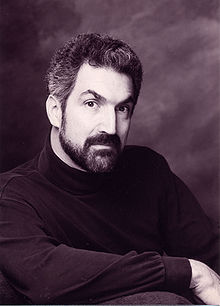
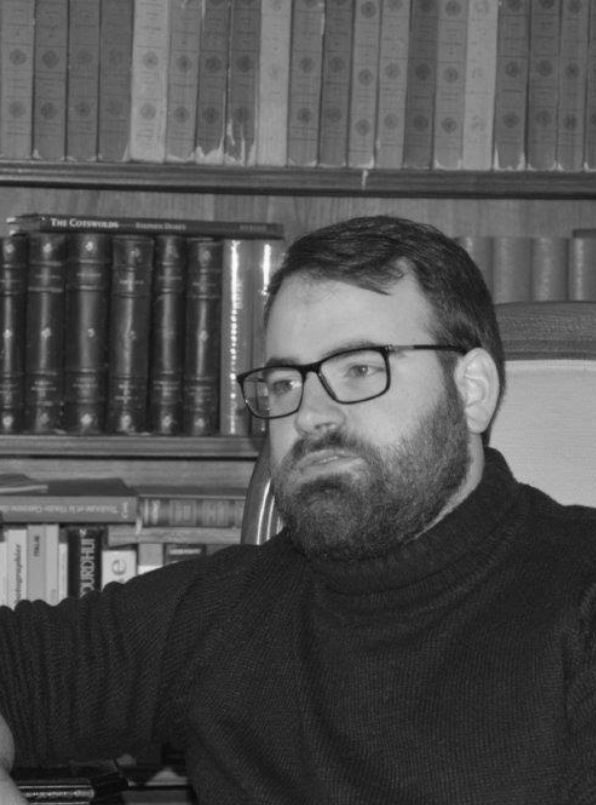
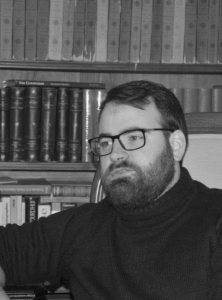 Philippe Fabry is a lawyer and a theorist of history. His approach, which he calls “historionomy,” endeavors to identify the cyclical patterns of history. He authored Rome, from Libertarianism to Socialism, A History of the Coming Century, and The Structure of History. His website is:
Philippe Fabry is a lawyer and a theorist of history. His approach, which he calls “historionomy,” endeavors to identify the cyclical patterns of history. He authored Rome, from Libertarianism to Socialism, A History of the Coming Century, and The Structure of History. His website is: 
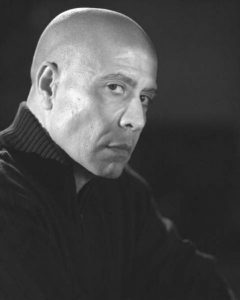 Kamel Krifa is an actor, film producer, and Hollywood’s stars trainer—including Jean-Claude Van Damme, Michelle Rodriguez, Eddie Griffin, Steven Seagal, and many other ones. Krifa ranks among Van Damme’s longstanding collaborators and personal friends, acting alongside him in various movies. This conversation with cultural journalist Grégoire Canlorbe first happened in Paris, in July 2017; it was resumed and validated in April 2020.
Kamel Krifa is an actor, film producer, and Hollywood’s stars trainer—including Jean-Claude Van Damme, Michelle Rodriguez, Eddie Griffin, Steven Seagal, and many other ones. Krifa ranks among Van Damme’s longstanding collaborators and personal friends, acting alongside him in various movies. This conversation with cultural journalist Grégoire Canlorbe first happened in Paris, in July 2017; it was resumed and validated in April 2020.

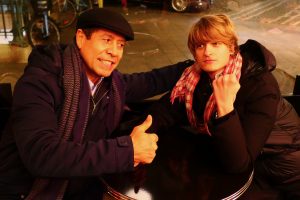
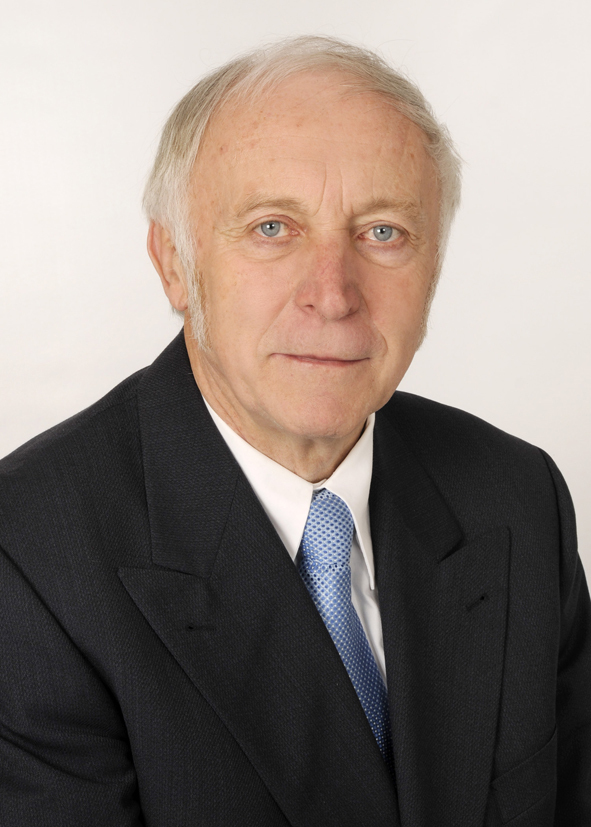
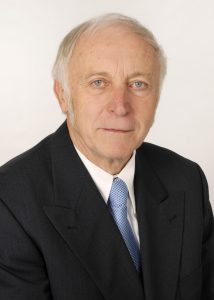 Volkmar Weiss is a German geneticist and historian. He graduated from Humboldt University of Berlin with a doctor of science degree in 1972, after presenting his dissertation on the heredity of intellectual giftedness for mathematics and technology. In 1990 he earned his postdoctoral qualification as a geneticist with the book Psychogenetik: Humangenetik in Psychologie und Psychiatrie [Psychogenetics: Human Genetics in Psychology and Psychiatry] and in 1993 as a social historian with the book Bevölkerung und soziale Mobilität: Sachsen 1550–1880 [Population and Social Mobility: Saxony 1550–1880]. He co-founded the German Social Union in 1990 and was a member of the German Christian Democratic Union from 1990 to 1993. From 1990 to 2007, he was head of the German Central Office for Genealogy.
Volkmar Weiss is a German geneticist and historian. He graduated from Humboldt University of Berlin with a doctor of science degree in 1972, after presenting his dissertation on the heredity of intellectual giftedness for mathematics and technology. In 1990 he earned his postdoctoral qualification as a geneticist with the book Psychogenetik: Humangenetik in Psychologie und Psychiatrie [Psychogenetics: Human Genetics in Psychology and Psychiatry] and in 1993 as a social historian with the book Bevölkerung und soziale Mobilität: Sachsen 1550–1880 [Population and Social Mobility: Saxony 1550–1880]. He co-founded the German Social Union in 1990 and was a member of the German Christian Democratic Union from 1990 to 1993. From 1990 to 2007, he was head of the German Central Office for Genealogy.
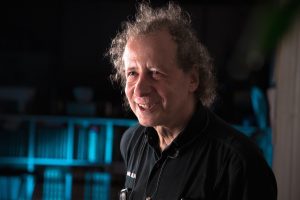 Howard Bloom started in theoretical physics and microbiology at the age of ten and spent his early years in science. Then, driven by the desire to study mass human emotion through the lens of science, he went into a field he knew nothing about, popular culture. He founded the biggest PR firm in the music industry and worked with superstars like Prince, Michael Jackson, Bob Marley, Billy Joel, Queen, AC/DC, Aerosmith, Billy Idol, Joan Jett, Styx, Hall and Oates, Simon & Garfunkel, Run DMC, and Chaka Khan. Bloom went back to his formal science in 1988 and, since then, has published seven books on human and cosmic evolution, including The God Problem, Global Brain, and The Lucifer Principle. Called “next in a lineage of seminal thinkers that includes Newton, Darwin, Einstein, [and] Freud” by Britain’s Channel 4 TV, and “the next Stephen Hawking” by Gear magazine, he is the subject of BRIC TV’s documentary The Grand Unified Theory of Howard Bloom.
Howard Bloom started in theoretical physics and microbiology at the age of ten and spent his early years in science. Then, driven by the desire to study mass human emotion through the lens of science, he went into a field he knew nothing about, popular culture. He founded the biggest PR firm in the music industry and worked with superstars like Prince, Michael Jackson, Bob Marley, Billy Joel, Queen, AC/DC, Aerosmith, Billy Idol, Joan Jett, Styx, Hall and Oates, Simon & Garfunkel, Run DMC, and Chaka Khan. Bloom went back to his formal science in 1988 and, since then, has published seven books on human and cosmic evolution, including The God Problem, Global Brain, and The Lucifer Principle. Called “next in a lineage of seminal thinkers that includes Newton, Darwin, Einstein, [and] Freud” by Britain’s Channel 4 TV, and “the next Stephen Hawking” by Gear magazine, he is the subject of BRIC TV’s documentary The Grand Unified Theory of Howard Bloom.
 Plato was manifestly a medium (similar to Pythagoras), whose thesis of the subdivision of reality into a virtual realm (inaccessible to the senses) and a concrete realm of the senses ultimately came to elucidate his privileged experience of the superior stage of reality that is the supra-sensible field; Aristotle, on the other hand, resembled much more what can be described as a sensitive. In what follows, I would like to defend a renovated version of the Platonic perspective, against the Aristotelian negation of the existence of virtual entities that Plato called “Ideas,” and which the master of Aristotle rightly identified as the model of concrete entities.
Plato was manifestly a medium (similar to Pythagoras), whose thesis of the subdivision of reality into a virtual realm (inaccessible to the senses) and a concrete realm of the senses ultimately came to elucidate his privileged experience of the superior stage of reality that is the supra-sensible field; Aristotle, on the other hand, resembled much more what can be described as a sensitive. In what follows, I would like to defend a renovated version of the Platonic perspective, against the Aristotelian negation of the existence of virtual entities that Plato called “Ideas,” and which the master of Aristotle rightly identified as the model of concrete entities.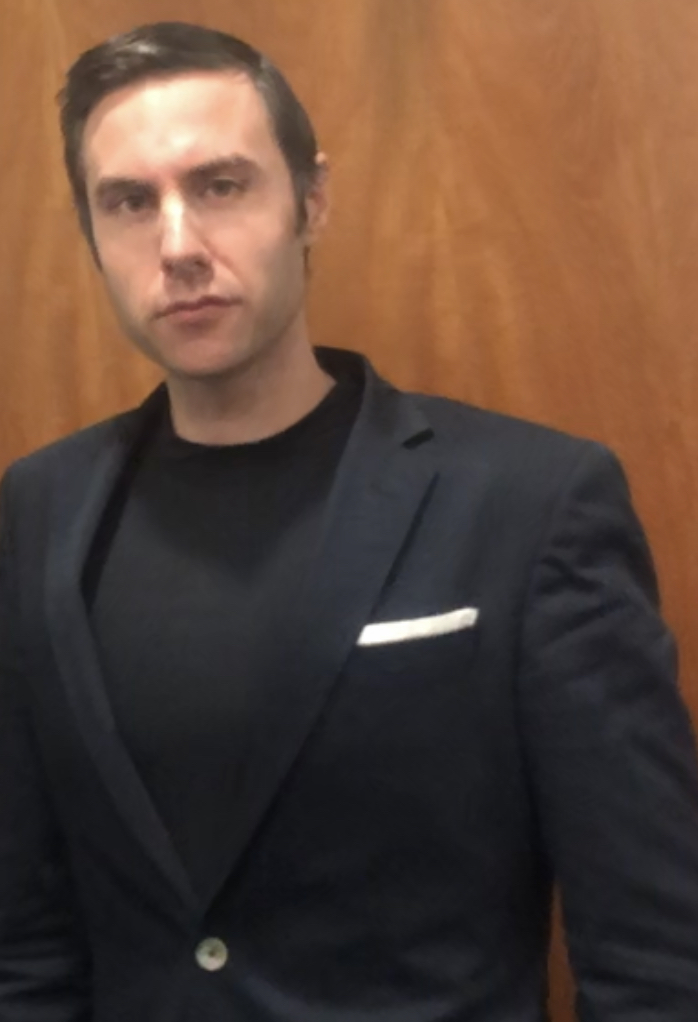
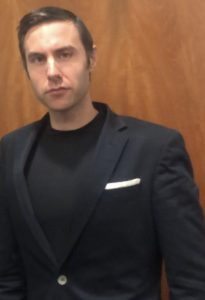 Daryl Kane is an American politician best known for his book Cultural Cancer: Treating the Disease of Political Correctness, his podcast Right Wing Road Trip, and the journal Revenge of the Patriot whose editor he is. He runs as a Republican candidate for POTUS in 2024.
Daryl Kane is an American politician best known for his book Cultural Cancer: Treating the Disease of Political Correctness, his podcast Right Wing Road Trip, and the journal Revenge of the Patriot whose editor he is. He runs as a Republican candidate for POTUS in 2024.